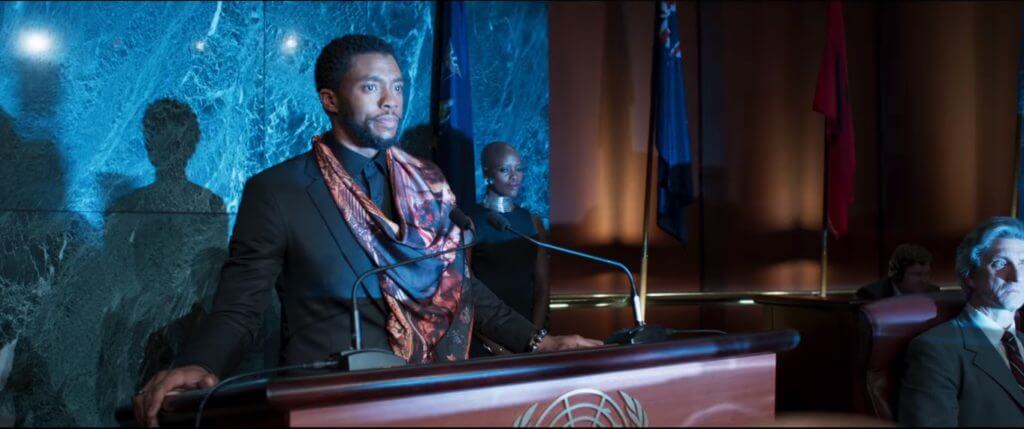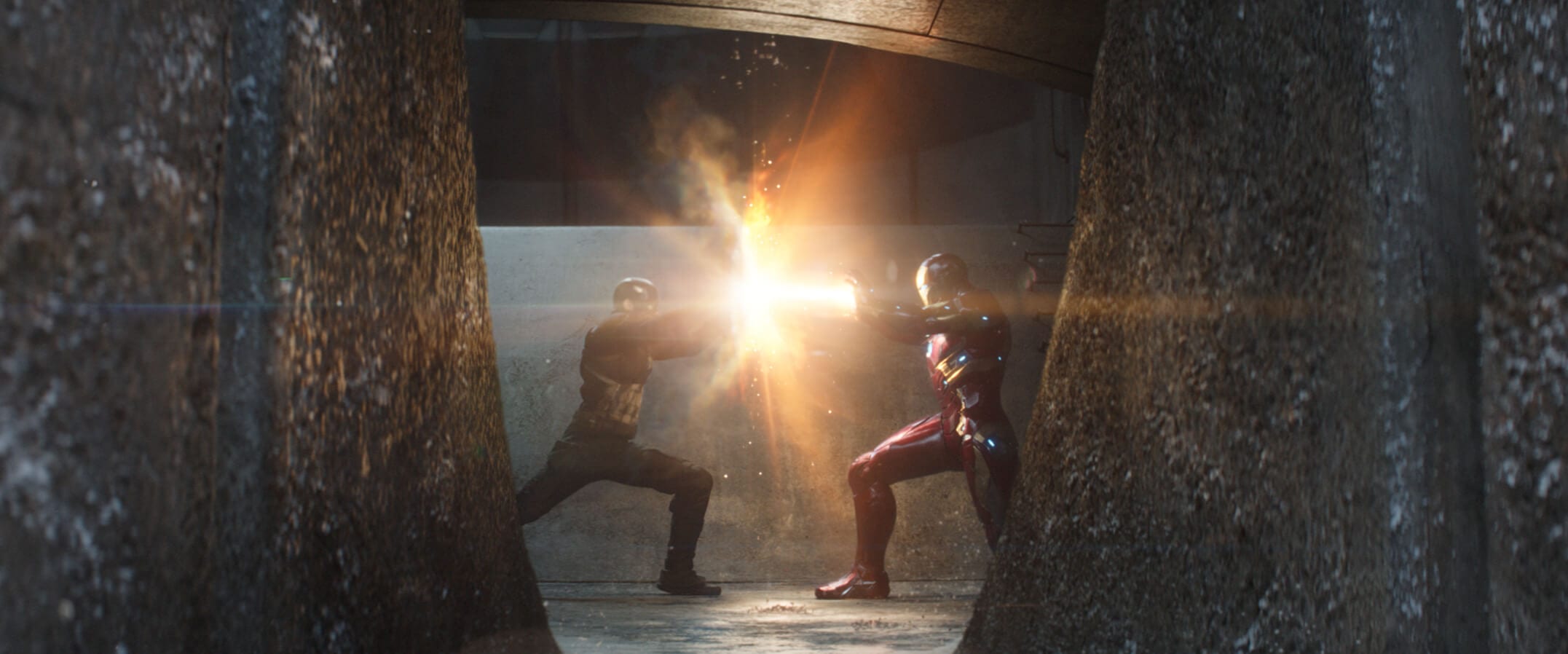Champions of the People
As politics grow more and more prevalent in Hollywood’s output, segments of the audience are feeling increasingly alienated from mainstream entertainment (as dwindling movie ticket sales and the sub-basement-level ratings for the Oscars can attest – as well as the huge numbers for a show that strives to be more even-handed). While other factors are often suggested as alternate explanations for the drop-off, it’s hard to deny that people are sick of being expected to tune in or buy tickets for something they know will scold them for their beliefs.
And yet, as much of the Hollywood landscape takes a financial hit, Marvel continues to rake in cash, and the audience reaction matches its success. While The Last Jedi made a lot of money, box office returns quickly fell while many longtime franchise fans were less than thrilled with their favorite cinematic story getting co-opted by political interests. Compare this to Black Panther, which is still, almost two months after its release, in the top five at the box office and has received widespread acclaim from critics and audiences alike. Certainly the quality of the two movies plays a role, but everyone knows that’s never the sole deciding factor (or we’d be about three movies into a John Carter franchise while 2007’s Transformers was a distant memory). It is likely, given the rest of the evidence, that the more inclusive politics of Black Panther contributed to its success; conservatives have seen in this film a Trumpian argument for nationalism and border control while liberals are enchanted by notions of anti-isolationism and a reclaiming of pilfered cultures. I sincerely doubt this is an accident; Black Panther was likely designed to appeal to everyone, and the proof of this is in the MCU’s pudding.

Look first to Captain America, the figure who must, by definition, stand for the values of his nation (a nation that, nowadays, simply liking or not liking construes a political stance). How do you introduce politics into Steve Rogers’ journey without alienating half your potential audience? By having him represent the core values of everyone. In The First Avenger, he espouses both nationalism (telling Peggy Carter he always wanted to serve his country, standing up to the punk who disrespects our soldiers in a movie theater) and a more egalitarian worldview (“I don’t like bullies; I don’t care where they’re from.”). His nemesis is a very clear stand-in for globalism (“I have seen the future, Captain! There are no flags!”), but the American military brass are opportunistic jerks who use Cap to sell war bonds, effectively being as encumbering to him making a difference as the Red Skull. In the modern era of The Winter Soldier, Cap finds himself once again facing his globalist enemies, who have now invaded American institutions and are enacting controversial programs of both the Bush (pre-emptive war) and Obama (targeted assassinations of American citizens) eras. Then, in Civil War, he stands for individual rights in the face of government regulation while opposing the unlawful detaining of people who will never be tried in a court. And through it all, he proudly wears the American Flag, a symbol the importance of which he rediscovers in The Avengers. Through Steve Rogers, Marvel is giving us all something to be proud of and someone to root for.
Another example can be found in Cap’s Civil War ideological opponent. Tony Stark is a captain of industry who, at different points, both resists and welcomes government oversight; he thumbs his nose at the Senators looking to take possession of his property — a weapon — in Iron Man 2, but is the major proponent of signing the Sokovia Accords in Civil War. Stark is also a weapons manufacturer who resolves to stop making weapons while, as his first major villain points out, “[giving the world] its best one ever.” That villain is himself an American businessman who seeks to make money from selling weapons all over the world while pretending to be interested in energy conservation “to shut the hippies up.” But for the first two-thirds of the film, Stark faces off with Muslim terrorists in Afghanistan and concerns himself with liberating a besieged people from the enemies of his own country. In his next movie, he submits to government control while battling Obama-style (albeit comic booked up) drones; he co-opts these drones for his own use in future films. Iron Man 3 once again finds him facing a U.S.-based villain, this time a crooked industrialist manufacturing terrorist attacks to sell his technology to the military. Like Captain America, Tony Stark’s politics run the gamut and represent everyone at some point in the series.

Many of the other characters display similar all-encompassing values. Like Stark, Black Widow bounces between wanting to control her own destiny and allowing the government to rein her in. Thor faces the notion of pre-emptive war as Cap does, and finds rationales both for and against it. Bruce Banner refuses to be used as a tool of a government that thinks it owns him, but protests developing less-rights-trampling weapons of mass destruction as well. Current Ant-Man Scott Lang wants to leave superheroics to the Avengers — and ultimately join them — while his predecessor Hank Pym thinks they’re a destructive force and need to be controlled.
What makes the changing political stances of Marvel’s heroes work is that they’re presented as part of each character’s arc. Cap is finding his way in the modern world and adjusting his impressions of it accordingly. Stark is constantly battling his own ego while trying to make up for his litany of mistakes and evolves his worldview based on what he thinks is the best way to accomplish these goals. Black Widow compromises her beliefs for what she sees as the greater good. Thor is always discovering new truths about his father and struggling to sort out the man they ultimately reveal, as well as how best to both honor him and not repeat his mistakes. Nothing ever feels like a cheat or a way of pandering to anyone, but rather the natural progression of the heroes’ journeys.
Whatever your political persuasion, you will be able to find a voice in the MCU, and that inclusivity and willingness not to demonize large sections of the country has resulted in an immunity from Hollywood’s financial woes. It also proves that entertainment can be politically minded without sacrificing fun and universal appeal. You’d think an industry determined to copy every superficial aspect of the Marvel mega-franchise would try this one on for size as well; if their pool of paying customers continues to dwindle, they may find they have no choice.







